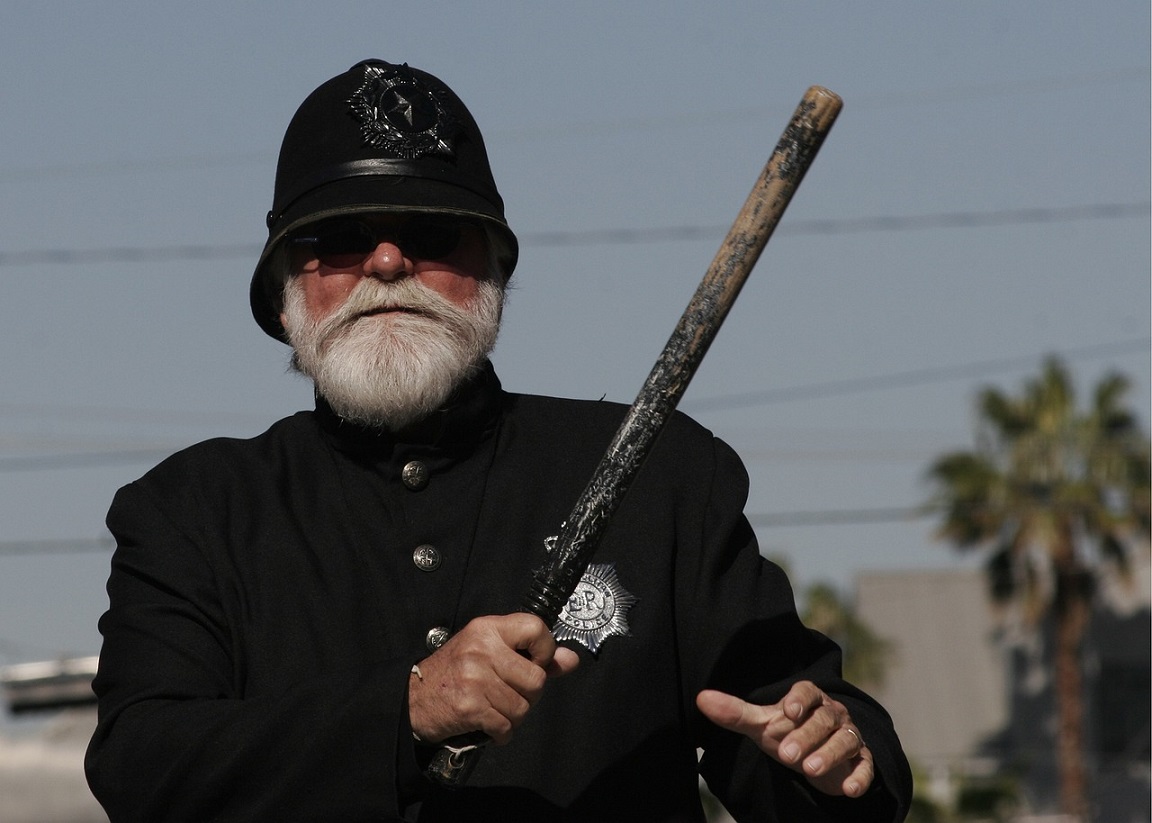I recently received an email decrying people who were ‘fixated’ (possibly including this writer?). The writer of the email is a PhD (medical anthropology, London). She did not define what she meant. Except strong disapproval. What might a ‘fixated’ mind be? Why might it be so pathological? Une idée fixe?
 Nigel Pocock
Nigel Pocock
Fixed mindsets do not generally come out with credit in democracies, as they imply an authoritarian mindset that is not willing to listen to others, or, if they do listen, it is in order to dismiss them.
The ‘religious right’ who vociferously support a former US president would probably be characterised by several ‘fixed’ theological ideas. These are, apart from the legitimating of fully-automatic weapons in place of the original, single-shot muzzle loaders that the US Constitution presumably envisaged. Perhaps this should tell us something about the defensiveness, quite literally, of the fixed mindset?
Looking again at the theological beliefs of the fundamentalist right, we are likely to find at least three (and probably more) ideological markers.
These are: Creationism (the denial of development through evolution), Biblical inerrancy (the Bible says what it says, and who am I to question it?), and Christian Zionism (a literal promised land, won through force of arms, whether human, Divine or both).
 It is not difficult to see how all of these play into the fixed mindset, setting up a circle in which a mindset picks up ideas, which then act to reinforce this mindset.
It is not difficult to see how all of these play into the fixed mindset, setting up a circle in which a mindset picks up ideas, which then act to reinforce this mindset.
The saddest thing about such mindsets is not only their (often obsessive) defensiveness, but their complete lack of creativity. There is even a pride in holding, and resisting, any development whatsoever. The tiniest trickle might create a flood!
The writer has a friend whom he has known for about 60 years. After so many years, a real sense of déjà-vu. Time had stood still, and this was such a waste. His words and ideas were exactly as they had been, nearly sixty years before. Yet, paradoxically, the opposite of this fixed mindset (“there is nothing you can teach me!”)―relativism (of truth, not culture) has exactly the same effect.
Both prevent the growth of knowledge. Criticisability is impossible in both positions. The first claims to have all the answers; the second claims that discussion is invalid, since all truth-claims are of equal value, and purely existential and subjective.
Sounds familiar? Strangely, the latter is also useful to liberal authoritarianism, in order to shut up its opponents, prevent discussion, and enforce compliance through social engineering and the developments of myths (as in the popular, but hugely inflated supposed statistics for minorities).
 Discussion, criticisability, and science all depend on ‘weak absolutism’―putting something forward as absolute, yet recognising that this is pro tem, for the time being.
Discussion, criticisability, and science all depend on ‘weak absolutism’―putting something forward as absolute, yet recognising that this is pro tem, for the time being.
The relativist therefore, hates science, which is opposed to a private relativisation of truth in favour of a narcissistic existentialism which is thereby uncriticisable by opponents. Anything else prevents growth of new knowledge, creativity, adaptive personal and community problem-solving. It also flies in the face of evolutionary development, which generally appears to favour increasing complexity, not a return to single-celled simplicity.
Darwin would have found both relativism and fixated minds baffling attempts to hold up natural selection, thus becoming dead-ends in the evolutionary story. There is one final paradox. A theory of criticisability is not itself criticisable, and therefore is non-falsifiable. It reinforces its own truth-claims, when it is criticised. Is this the last bastion of truth, beyond which we cannot go? Towards an uncriticisable, universal truth?
Perhaps humility is the order of the day, if we want positive growth mindsets, open to both listening and learning?
Playing the role of God, while paradoxically renouncing this role?
 Not the supposed humility of a trackless counsellor leading their protégé into an unknown wasteland, with no plot structure: Sartre, and Camus’s hero, a Sisyphus for today! Endlessly, and meaninglessly, rolling a ball up and down a hill, in a heroic, but pointless life.
Not the supposed humility of a trackless counsellor leading their protégé into an unknown wasteland, with no plot structure: Sartre, and Camus’s hero, a Sisyphus for today! Endlessly, and meaninglessly, rolling a ball up and down a hill, in a heroic, but pointless life.
To be constructive, a biography must be guided by accessible values (testable and criticisable) towards a specific goal or goals. Problems are formulated, tested, and by a process of error elimination, a healthier biography evolves.
This is the opposite of non- directive counselling (actually secretly directive, in the amorphous, generalised direction of the non-directive counsellor’s ideological agenda) as research shows.
We therefore absolutely need to discuss, critique, and develop notions of the ‘common good’, defined as what is best for all―including the fixed mindset. This is necessarily a value system, and is beyond our present remit, and is another story.
(Photos: Pixabay)












.jpg)












